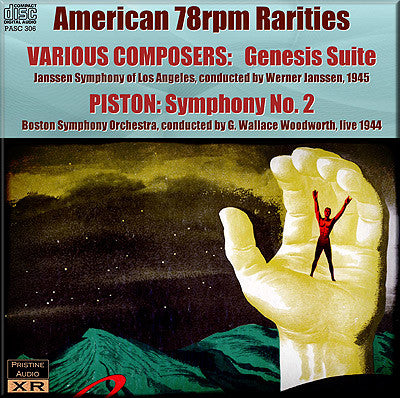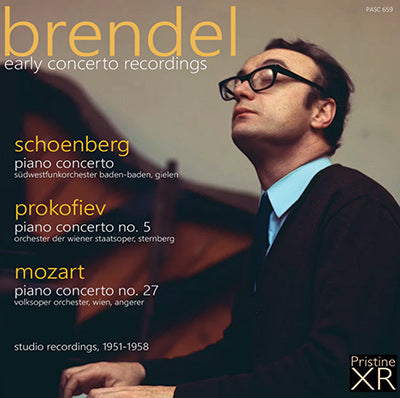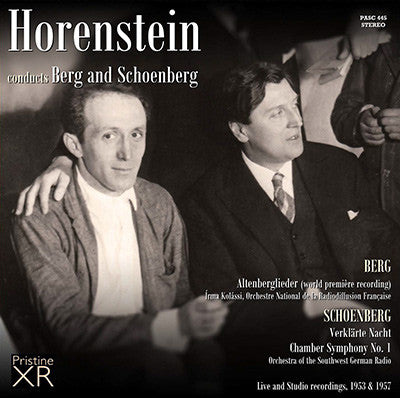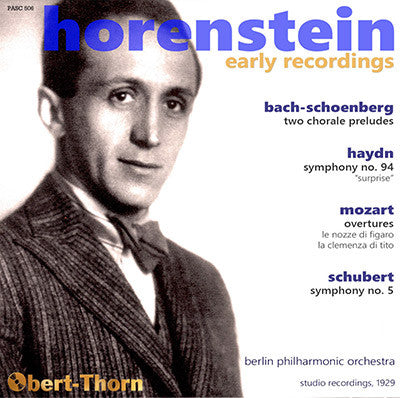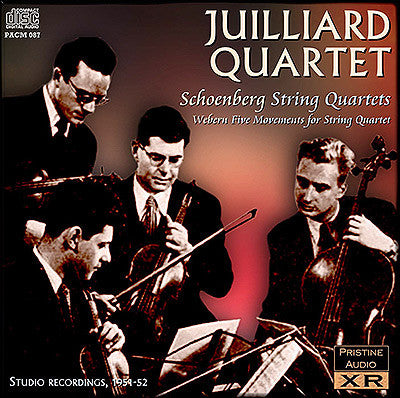Schoenberg
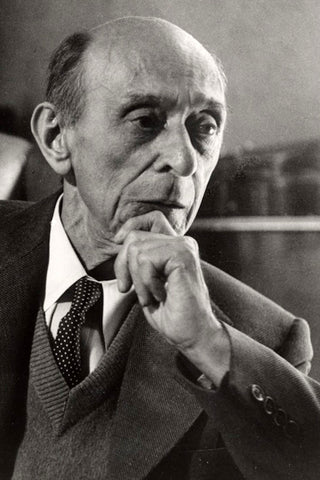
Schoenberg's approach, both in terms of harmony and development, has been one of the most influential of 20th-century musical thought. Many European and American composers from at least three generations have consciously extended his thinking, whereas others have passionately reacted against it.
Schoenberg was known early in his career for simultaneously extending the traditionally opposed German Romantic styles of Brahms and Wagner. Later, his name would come to personify innovations in atonality (although Schoenberg himself detested that term) that would become the most polemical feature of 20th-century art music. In the 1920s, Schoenberg developed the twelve-tone technique, an influential compositional method of manipulating an ordered series of all twelve notes in the chromatic scale. He also coined the term developing variation and was the first modern composer to embrace ways of developing motifs without resorting to the dominance of a centralized melodic idea.
Schoenberg was also an influential teacher of composition; his students included Alban Berg, Anton Webern, Hanns Eisler, Egon Wellesz, Nikos Skalkottas, and later John Cage, Lou Harrison, Earl Kim, Roberto Gerhard, Leon Kirchner, and other prominent musicians. Many of Schoenberg's practices, including the formalization of compositional method and his habit of openly inviting audiences to think analytically, are echoed in avant-garde musical thought throughout the 20th century. His often polemical views of music history and aesthetics were crucial to many significant 20th-century musicologists and critics, including Theodor W. Adorno, Charles Rosen, and Carl Dahlhaus, as well as the pianists Artur Schnabel, Rudolf Serkin, Eduard Steuermann, and Glenn Gould.
Schoenberg's archival legacy is collected at the Arnold Schönberg Center in Vienna.

Schoenberg
Schoenberg's app...
PISTON Symphony No. 2
Recorded in 1945/6 & 1944
Total duration: 75:32
Janssen Symphony of Los Angeles
Werner Janssen, conductor
Boston Symphony Orchestra
G. Wallace Woodworth, conductor
SCHOENBERG Piano Concerto, Op. 42
PROKOFIEV Piano Concerto No. 5 in G major, Op.55
MOZART Piano Concerto No. 27 in B-flat major, K.595
Studio recordings, 1951-58
Total duration: 74:54
Alfred Brendel, piano
Südwestfunkorchester Baden-Baden, Gielen
Orchester Der Wiener Staatsoper, Sternberg
Volksoper Wien Orchester, Angerer
SCHOENBERG Variations for Orchestra
SCHOENBERG Violin Concerto
SCHOENBERG Verklärte Nacht
Stereo studio recordings, 1957-1962
Total duration: 72:45
Israel Baker, violin
Columbia Symphony Orchestra
CBC Symphony Orchestra
conducted by Robert Craft
BERG Altenberglieder (world première recording)
SCHOENBERG Verklärte Nacht
SCHOENBERG Chamber Symphony No. 1
Live and studio recordings, 1953 (Ambient Stereo) and 1957 (stereo)
Total duration: 67:11
Írma Kolássi, mezzo-soprano
Orchestre National de la Radiodiffusion Française
Orchestra of the Southwest German Radio (SWDR)
BACH-SCHOENBERG Two Chorale Preludes
HAYDN Symphony No. 94, “Surprise”
MOZART Overtures to Le Nozze di Figaro and La Clemenza di Tito
SCHUBERT Symphony No. 5
Recorded in 1929
Total duration: 69:02
Berlin Philharmonic Orchestra
conducted by Jascha Horenstein
SCHOENBERG String Quartet No. 2 in F sharp minor, Op. 10
SCHOENBERG String Quartet No. 3, Op. 30
SCHOENBERG String Quartet No. 4, Op. 37
WEBERN Five Movements for String Quartet, Op. 5
BERG String Quartet, Op. 3
Rrecorded 1951-52
Total duration: 2hr 23:34
-
Previous
- Page 1 of 2
- Next

